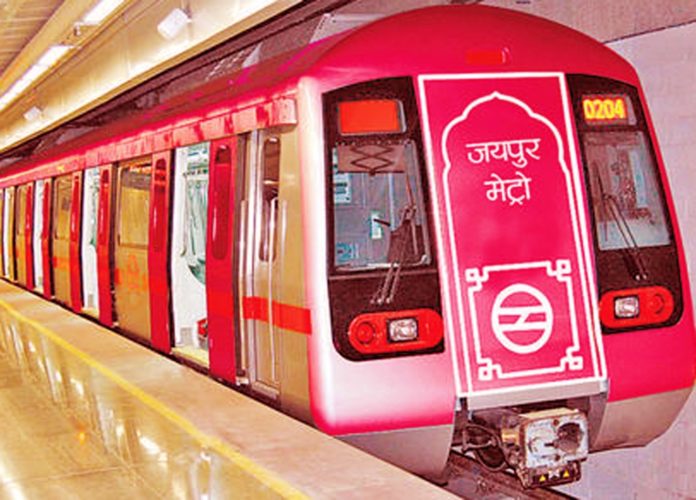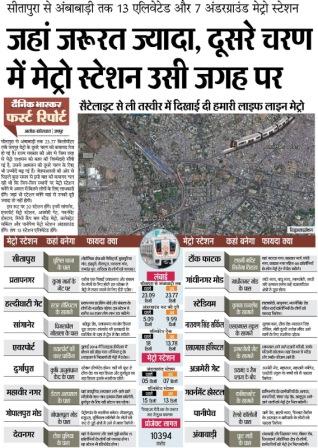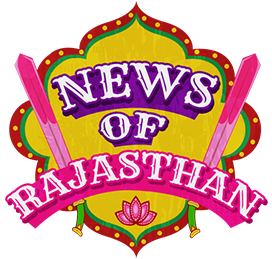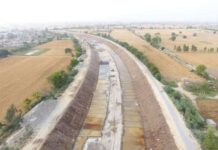
Ever since its inception, the JMRC has experienced nothing but losses in case of Jaipur metro, which is now being compared to Lord Indra’s grand, white elephant ‘Airavat’—ostentatious, expensive and high on maintenance. Back in 2010, when Gehlot government approached Singapore government for this project, the overseas engineers brushed it off, calling it a ‘futile, unfeasible venture’. Despite this, the previous government proceeded with the metro plan. Consequently, the JMRC has been accumulating consistent losses. Finding no way out, now they’ll increase ticket fares to settle losses worth several crores (now we know who’s to be blamed).
Jaipur Metro: An Epic Failure of Rajasthan Government?
Wrong estimation of daily commuter is the prime reason behind mammoth losses suffered by Rajasthan government. As the number of cars owned by city residents is gradually increasing, the department is facing a steep fall in ridership rate per day (from 49,774 in June 2015 to 19,390 in December 2016). The ruling BJP criticizes former Congress government for this failure. While preparing the blueprint of Jaipur Metro project, the engineers estimated an average footfall of 2 lakh commuters between Mansarovar to Badi Chaupad per day.

Following its launch, the number of commuters travelling in metro rail was 10 times less than the estimated number. Though Wilbur Smith (an international firm that conducts ridership survey for public transport) expects a footfall of 121,000 daily commuters, JMRC officials believes that meeting this target is practically impossible until they receive 50,000 commuters per day. To meet this target, they’ll proceed with the second phase of this project that will cover the entire walled city.
Meanwhile, the JMRC will Increase the Fare Slab to Cover the Operational & Maintenance Cost of Jaipur Metro
For the first time in two years, the JMRC will increase metro fares (expected hike is Rs 3 to 5), as decided after a meeting of state officers. The new rates will be effective from April 1, 2017. Additionally, the authorities have proposed to increase fares periodically, at an interval of two years.
Future hikes will depend on dearness allowance of JMRC employees, consumer price index and increase of power price per unit. Earlier, the JMRC was purchasing electricity at Rs 6.25/unit rate from JVVNL. The new price per unit is Rs 7.30, which has compelled the officers to boost the rail fare. Though it wouldn’t help much and the government will have to start phase II as soon as possible.







